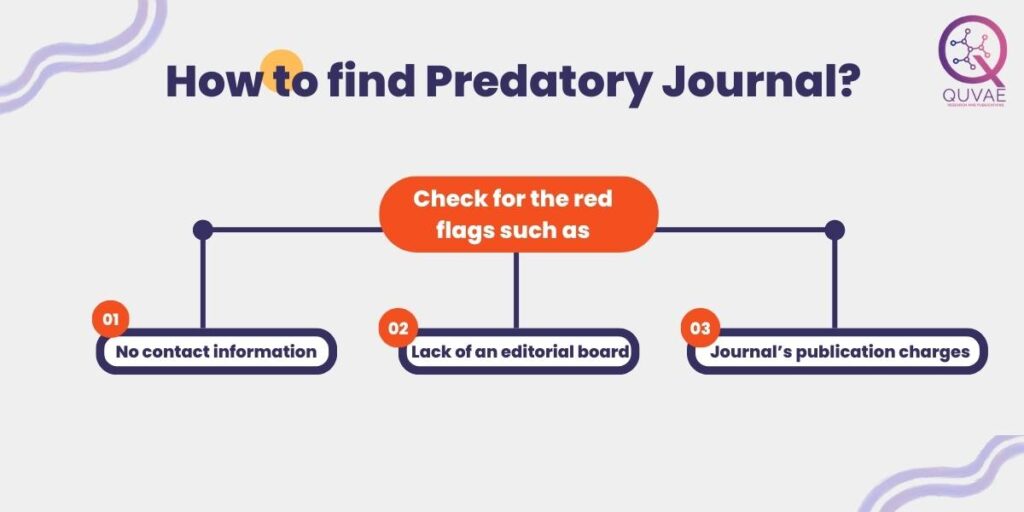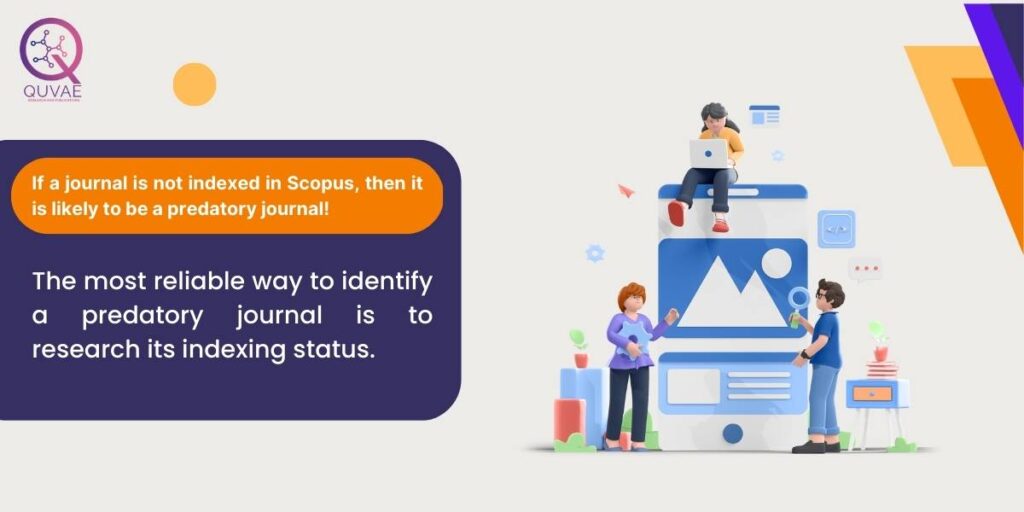Finding the right journal to submit your research paper to can be a daunting task. Journals that are indexed in Scopus are considered to be reliable and credible, but unfortunately, there can be fraudulent or predatory journals listed on the platform. Such journals are known as “cloned”, “hijacked” and “predatory” journals and they can easily fool authors into publishing their work. In this blog post, we will discuss the different ways to identify and avoid these fraudulent journals to find. We will look at how to identify malicious journals by looking at their International Standard Serial Number (ISSN) and journal website. By the end of this post, you will have all the information and tools you need to distinguish between predatory and cloned scopus journals.

How to find a cloned scopus journal
Finding predatory journals & cloned scopus journal
Finding predatory journals can be a daunting task, especially for those who are new to the academic publishing world. There are several ways to go about identifying predatory journals, including assessing the journal’s website, reading reviews, and researching the journal’s indexing status.
One of the best ways to identify predatory journals is to assess the journal’s website. Look out for red flags such as no contact information, lack of an editorial board, and the journal’s website is not secure. Additionally, check the journal’s publication charges and ask if there are peer-reviews conducted.
Another way to identify predatory journals is to read reviews and comments from other authors. Use search engines such as Google, Twitter, and Facebook to read what other authors have to say about the journal. Additionally, you can check publisher-level reviews and look for blacklisted journals.

How to find a hijacked scopus journal?
The most reliable way to identify a predatory journal is to research its indexing status. Scopus is one of the largest and most reliable databases of peer-reviewed journal articles. Scopus Indexed Journals are vetted for quality and have met specific criteria.
Therefore, if a journal is not indexed in Scopus, then it is likely to be a predatory journal.
How to find a predatory scopus journal | cloned scopus journal |hijacked scopus journal

